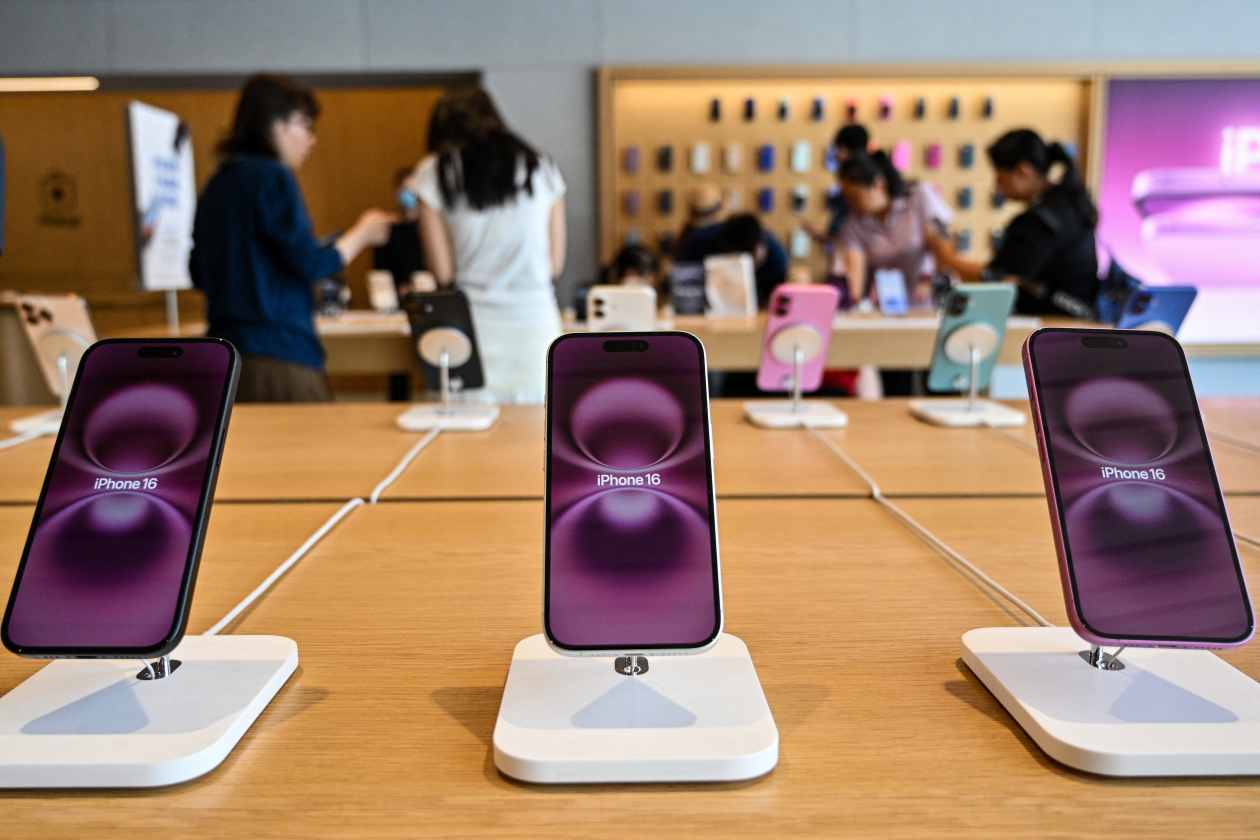BREAKING: The U.K. government has just announced it will drop its controversial demand for Apple to create a “back door” into iPhones, responding to pressures from the U.S. government. This significant move comes amid reports that Apple is ramping up its production efforts in India.
In a statement on X, Tulsi Gabbard, the U.S. director of national intelligence, confirmed the development, emphasizing the importance of safeguarding Americans’ privacy. Gabbard stated, “We worked closely with the U.K. to ensure that Americans’ private data remains private and our Constitutional rights and civil liberties are protected.”
This decision marks a pivotal moment in the ongoing dialogue about digital privacy and security. By eliminating the demand for a back door, the U.K. government is aligning itself with privacy advocates who argue that such measures could compromise user security and personal data.
The urgency of this announcement can’t be overstated. With Apple’s expansion in India underway, the tech giant is poised to increase its market presence significantly. This could lead to enhanced job creation and economic growth in the region, further solidifying India’s role as a global manufacturing hub.
Industry experts believe this shift will not only benefit Apple but also enhance consumer trust in its products, as privacy remains a top concern among users worldwide. The decision to abandon the back door requirement signals a commitment to protecting user privacy rather than compromising it for surveillance efforts.
Looking ahead, stakeholders will be watching closely for how this development influences future negotiations around digital privacy and security standards, especially as the tech landscape continues to evolve.
As this story develops, stay tuned for more updates on Apple’s production strategies and the implications for global privacy rights.






































































